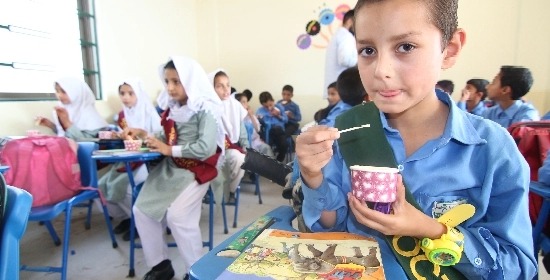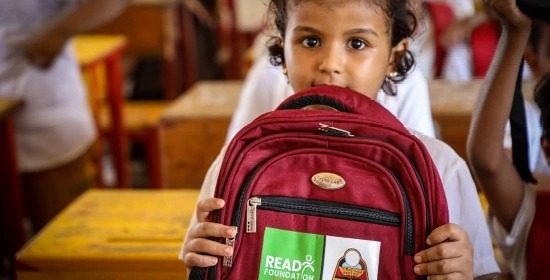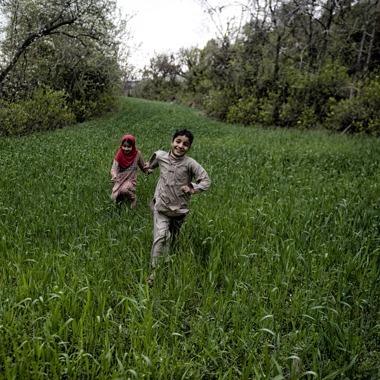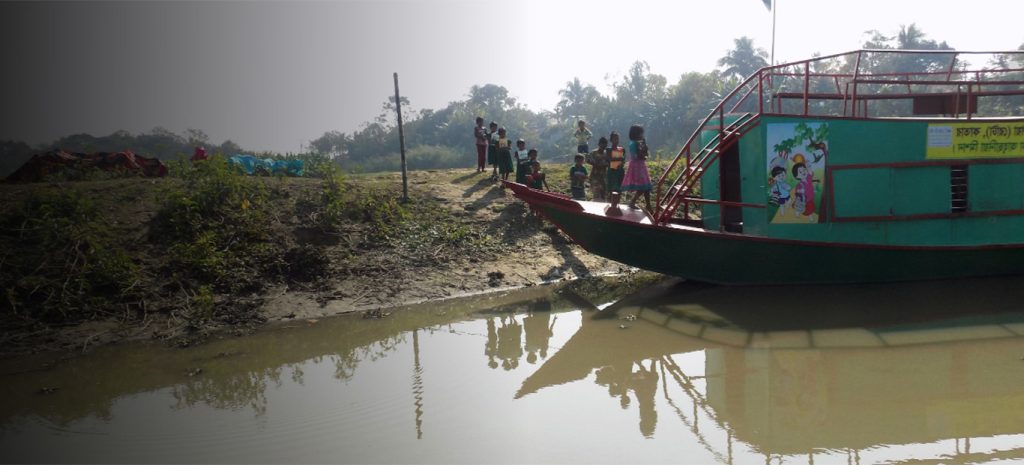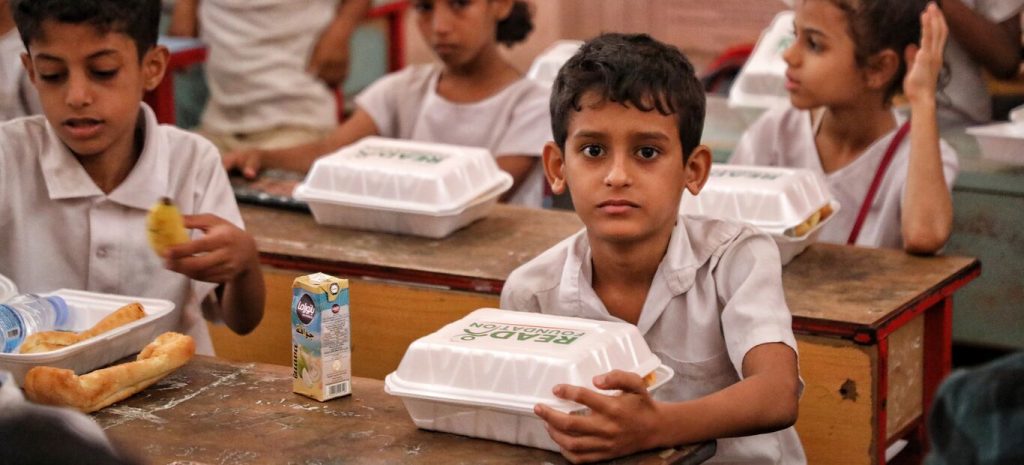
Building Schools
Not every person without an education experiences extreme poverty, but most of those living in extreme poverty do lack a basic education. Those living below the poverty line will also be more likely to keep their children out of school, increasing the chances of their children living in poverty.
Unfortunately, in some areas of the world, children are schooled in tents or simply outside, this can be difficult. Studies, such as Woolner et al. (2007), have shown that this can have negative impacts on learning and educational achievement. Evidence attests to a relationship between the quality of the school environment and learning outcomes, where those in poorer environments tend to have poorer attitudes and behaviour, as well as lower attainments (Kumar et al., 2008; Durán-Narucki, 2008).
We aim to build schools where it is mostly needed. This will provide deserving children a safe, stimulating environment which can have positive impacts on all areas of learning.
Access
Millions of children are missing out on an education due to poverty, gender inequality and lack of learning resources. We identify the places most in need and take action.
Literacy
Lacking basic reading and writing skills puts people at a great disadvantage. Ensuring that children learn reading and writing opens doors to more opportunities.
Need
250 million children have low cognitive levels, and low literacy and numeracy levels. They are likely to fall into the poverty trap. Education can help them escape.

Why Build a School with READ Foundation?
We have built over 390 schools and educated over 112,000 pupils. Your support will educate generations of children. They are our future.
READ Foundation has the necessary knowledge and expertise to make this happen. Together, we can travel that extra mile to reach our goals. You will receive progress records, and are most welcome to visit!
The Programme
Our pupils will have access to a high-quality education, learning resources and a safe, stimulating environment. ICT and science facilities are available for the upper Key Stages.
We adapt to the WASH (Water, Sanitation and Hygiene) programme guidelines in our schools. This gives everyone access to clean and safe water, adequate sanitation, and improved hygiene. This helps prevent the spread of diseases.
![df04c8e3[1]](https://readfoundationnew.developmentpreviews.com/wp-content/uploads/2023/11/df04c8e31.jpg)
![9b7ffb8e[1]](https://readfoundationnew.developmentpreviews.com/wp-content/uploads/2023/11/9b7ffb8e1.jpg)
![ac139f34[1]](https://readfoundationnew.developmentpreviews.com/wp-content/uploads/2023/11/ac139f341.jpg)

